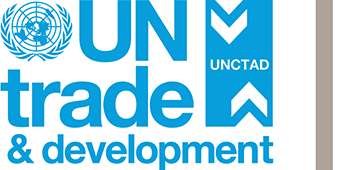Warner-Lambert Company, LLC v (1) Actavis Group PTC EHF (2) Actavis UK Limited (3) Caduceus Pharma Limited, 28 May 2015 (England and Wales Court of Appeal)
In this decision on interim relief for alleged patent infringement, the Court of Appeal construed the scope of a pharmaceutical patent claim in "Swiss" format, which is typically phrased as a process claim for the use of a compound in the production of a medicine for use in a particular therapeutic indication (new medical use claim)
